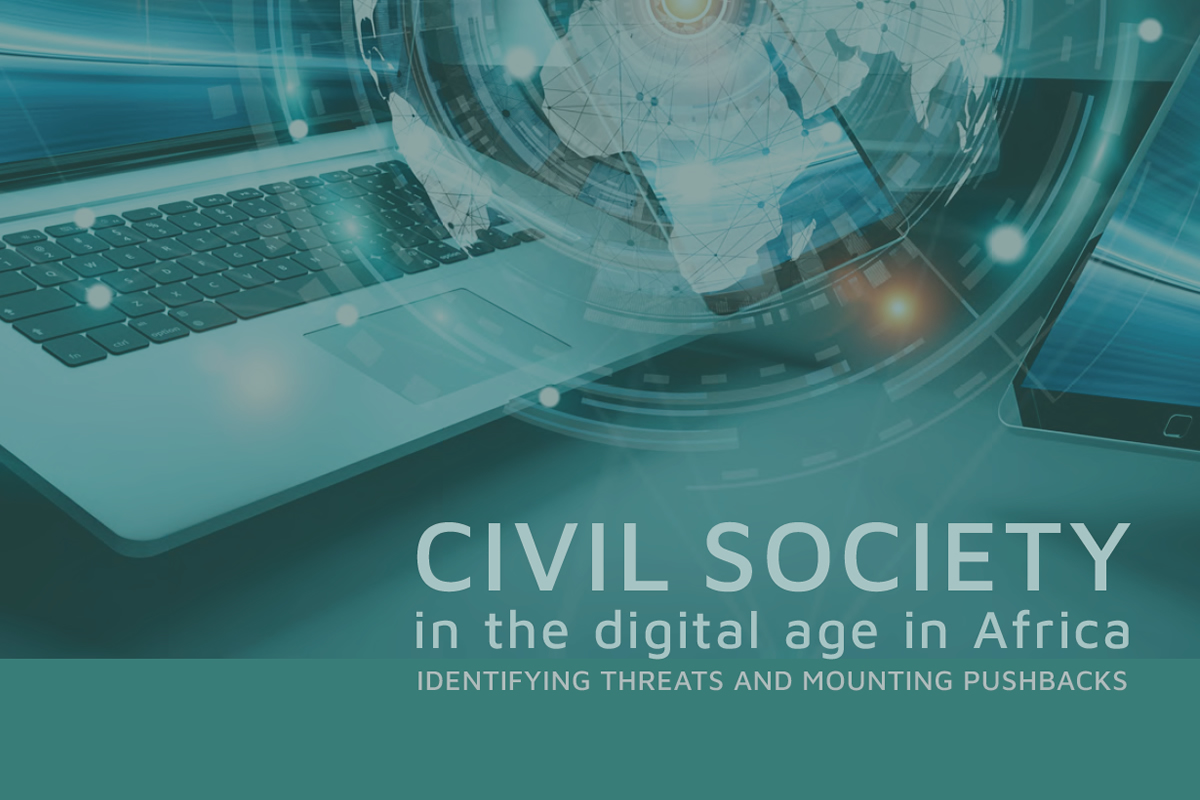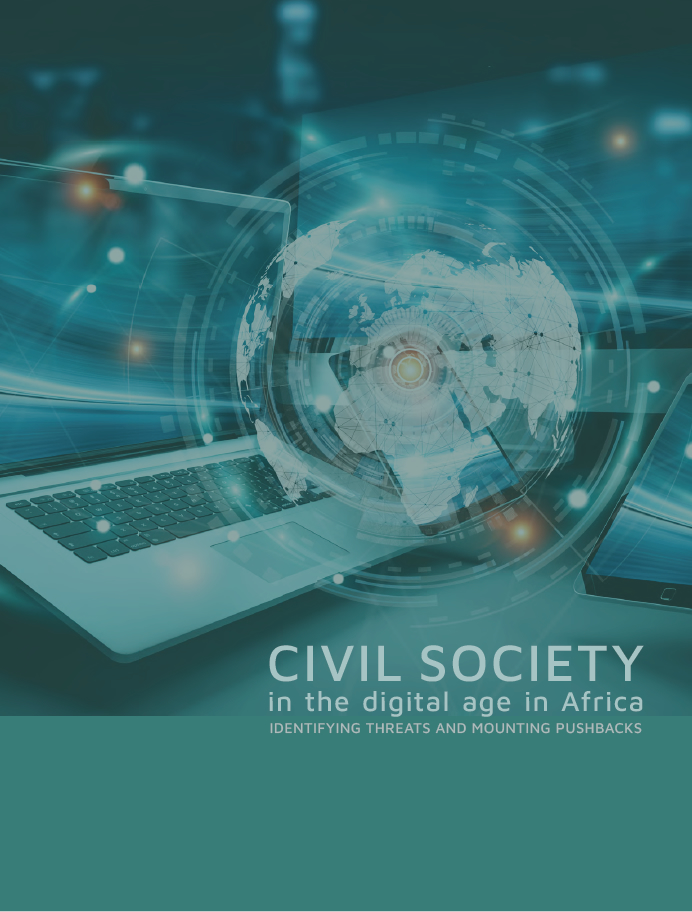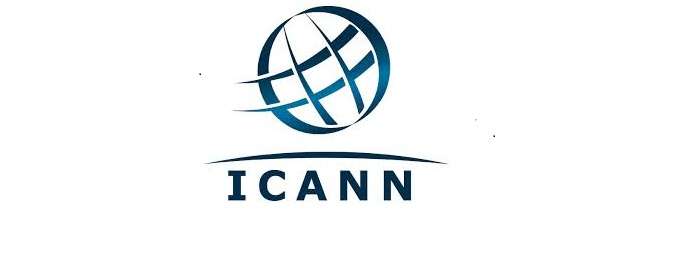Press Release |
The Principles on Identification for Sustainable Development (the Principles), the creation of which was facilitated by the World Bank’s Identification for Development (ID4D) initiative in 2017, provide one of the few attempts at global standard-setting for the development of digital identification systems across the world. They are endorsed by many global and regional organizations (the “Endorsing Organizations”) that are active in funding, designing, developing, and deploying digital identification programs across the world, especially in developing and less developed countries.
Digital identification programmes are coming up across the world in various forms, and will have long term impacts on the lives and the rights of the individuals enrolled in these programmes. Engagement with civil society can help ensure the lived experience of people affected by these identification programs inform the Principles and the practices of International Organisations.
Access Now, Namati, and the Open Society Justice Initiative co-organized a Civil Society Organization (CSO) consultation in August 2020 that brought together over 60 civil society organizations from across the world for dialogue with the World Bank’s ID4D Initiative and Endorsing Organizations. The consultation occurred alongside the first review and revision of the Principles, which has been led by the Endorsing Organizations during 2020.
The consultation provided a platform for civil society feedback towards revisions to the Principles as well as dialogue around the roles of International Organizations (IOs) and Civil Society Organizations in developing rights-respecting digital identification programs.
This new civil society-drafted report presents a summary of the top-level comments and discussions that took place in the meeting, including recommendations such as:
- There is an urgent need for human rights criteria to be recognized as a tool for evaluation and oversight of existing and proposed digital identification systems – including throughout the Principles document
- Endorsing Organizations should commit to the application of these Principles in practice, including an affirmation that their support will extend only with identification programs that align with the Principles
- CSOs need to be formally recognized as partners with governments and corporations in designing and implementing digital identification systems, including greater country-level engagement with CSOs from the earliest stages of potential digital identification projects through to monitoring ongoing implementation
- Digital identification systems across the globe are already being deployed in a manner that enables repression through enhanced censorship, exclusion, and surveillance – but centering transparent and democratic processes as drivers of the development and deployment of these systems can mitigate these and other risks
Following the consultation and in line with this new report, we welcome the opportunity to further integrate the principles of the Universal Declaration of Human Rights and other sources of human rights in international law into the Principles of Identification and the design, deployment, and monitoring of digital identification systems in practice. We encourage the establishment of permanent and formal structures for the engagement of civil society organizations in global and national-level processes related to digital identification, in order to ensure identification technologies are used in service of human agency and dignity and to prevent further harms in the exercise of fundamental rights in their deployment.
We call on United Nations and regional human rights mechanisms, including the High Commissioner on Human Rights, treaty bodies, and Special Procedures, to take up the severe human rights risks involved in the context of digital identification systems as an urgent agenda item under their respective mandates.
We welcome further dialogue and engagement with the World Bank’s ID4D Initiative and other Endorsing Organizations and promoters of digital identification systems in order to ensure oversight and guidance towards human rights-aligned implementation of those systems.
Press Release Endorsed By:
- Access Now
- AfroLeadership
- Asociación por los Derechos Civiles (ADC)
- Collaboration on International ICT Policy for East and Southern Africa (CIPESA)
- Derechos Digitales
- Development and Justice Initiative
- Digital Welfare State and Human Rights Project, NYU Law School
- Haki na Sheria Initiative
- Human Rights Advocacy and Research Foundation (HRF)
- Myanmar Centre for Responsible Business (MCRB)
- Namati





